Philosophy considers Life’s Big Ideas – truth, reality, morals, ethics, existence of God. It is an important intellectual pursuit – but is often associated with dead white males, academic stuffiness and difficult abstraction. Luckily, many philosophers work hard at demystifying philosophy for the general public. These popular philosophy works contextualise philosophy within the modern world, showing their relevance to everyday issues and challenging our values. Some recent bestselling philosophy titles include:
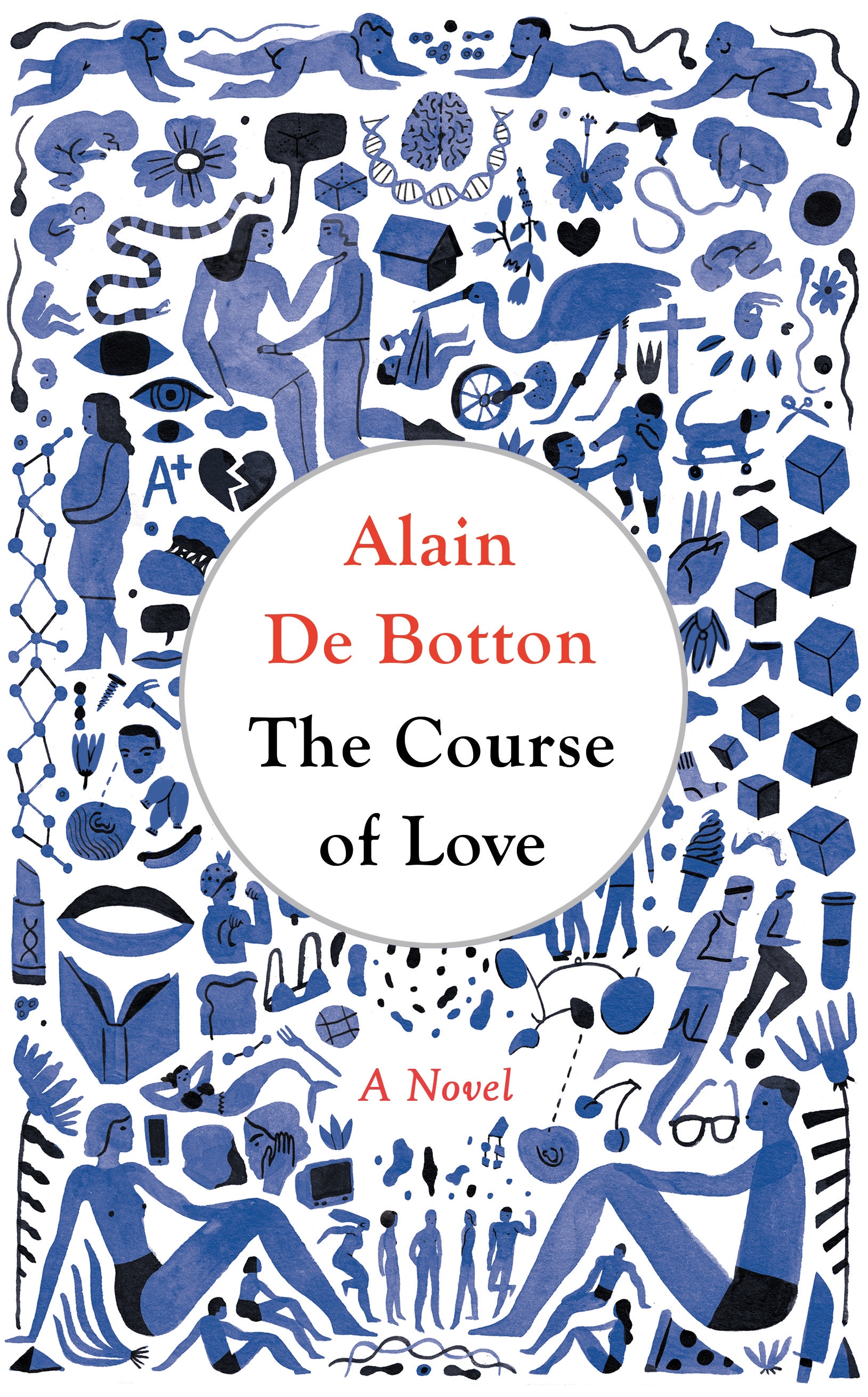 The Course of Love by Alain de Botton
The Course of Love by Alain de Botton
The instant success of Alain De Botton’s latest book confirms his status as philosopher du jour. Part-fiction, part-meditation and part-instruction, The Course of Love is about Rabih, a Beirut-born architect, and Kirsten, a Scottish surveyor. We follow their relationship for 14 years – through courtship, marriage, children, domesticity and infidelity. Popping the bubble of the “happily ever after”, Rabih and Kirsten’s story is interspersed with playful, sometimes snarky musings that analyse the reasons behind their actions, and wittily capture what love, sex and relationships mean today. Sure to resonate with anyone who has ever been in a romantic relationship, The Course of Love is the long-awaited sequel to Essays in Love (known as On Love in the US), which follows and analyses a love affair from its ecstatic beginning to its despairing end.
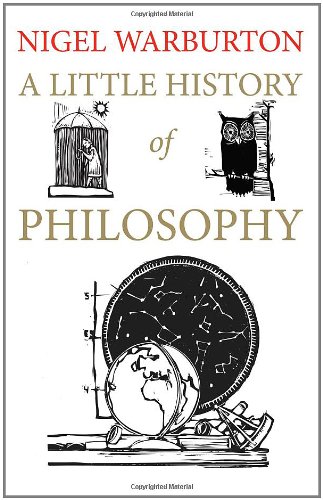 A Little History of Philosophy by Nigel Warburton
A Little History of Philosophy by Nigel Warburton
Nigel Warburton is an academic with a knack for clarifying complex ideas – a skill he uses, to great acclaim, for popularising philosophy. His first book, Philosophy: the Basics, is now a classic primer on the topic; he is also the creator of the successful Philosophy Bites podcasts. A Little History of Philosophy is a very readable overview of Western philosophical thought from Socrates to Singer. Each of its 40 short chapters uses a key philosophical question – How do I know what’s real? What does it mean to be free? – to introduce the work of a major philosopher. With a mix of explanation and anecdotes, A Little History of Philosophy is a witty, entertaining book suitable for both inquisitive youngsters and adults.
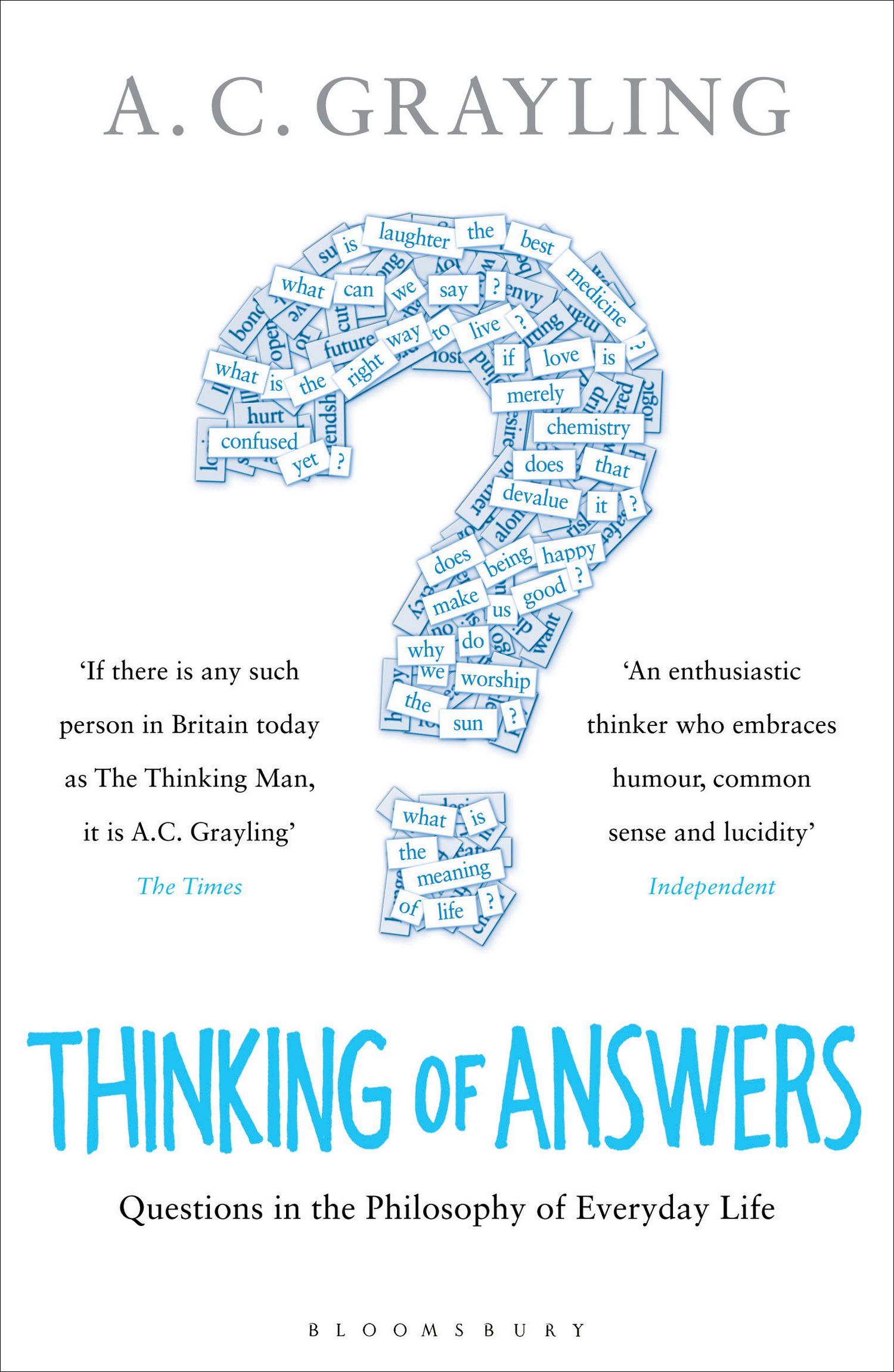 Thinking of Answers by A. C. Grayling
Thinking of Answers by A. C. Grayling
A.C. Grayling relishes in the role of public intellectual, because he believes that philosophy can help us think through questions that arise in everyday life. Thinking of Answers, a collection of recent writings for publications including The Times, New Statesman and New Scientist, exemplifies his approach. Each essay is a response to a question posed by readers and editors, such as “can money ever be an end in itself?”, and “is friendship the highest form of human relationship?”. These fascinating, tricky questions cover topics as diverse as beauty, sport, Darwinism and travelling. Not only do these responses offer a framework for dealing with life’s tough questions, they are an education in themselves – A.C. Grayling is extremely well-read, and his allusions to literature, history, science (and everything else!) will have you google-hopping from one reference to another.
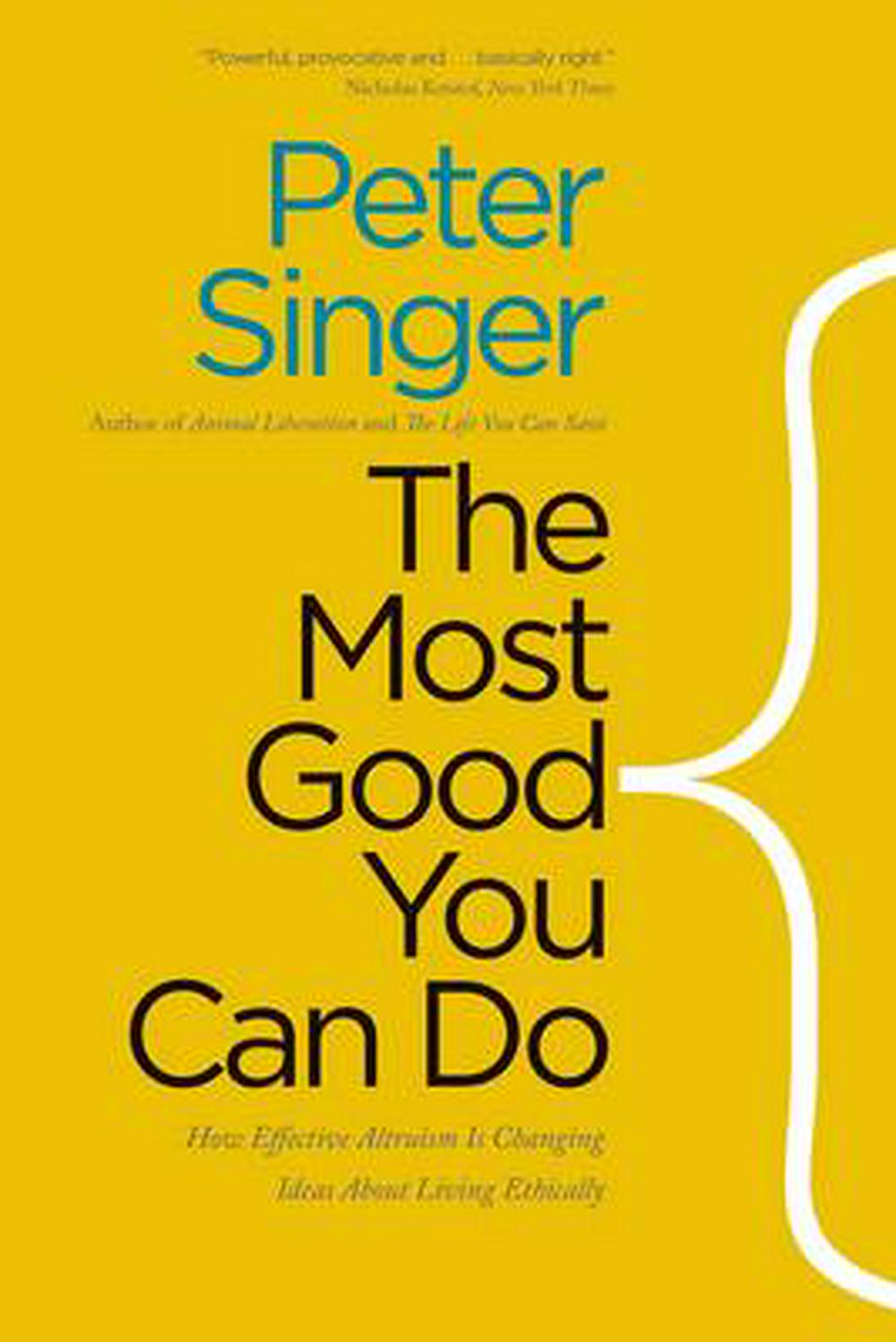 The Most Good You Can Do: How Effective Altruism is Changing Ideas about Living Ethically by Peter Singer
The Most Good You Can Do: How Effective Altruism is Changing Ideas about Living Ethically by Peter Singer
Described by New Yorker magazine as “the most influential living philosopher”, Peter Singer has been influencing our moral and ethical thinking for over 40 years, through seminal works such as Animal Liberation. The Most Good You Can Do discusses effective altruism, a social movement that encourages followers to do the most good they can. This has two main components – maximising the time and money we can offer, and determining how to achieve the maximum benefit from these resources (such as by choosing the most effective charitable causes). Using a number of case studies, Peter Singer shows that effective altruism can bring greater meaning and fulfilment in our lives, while making a real difference in alleviating extreme poverty.
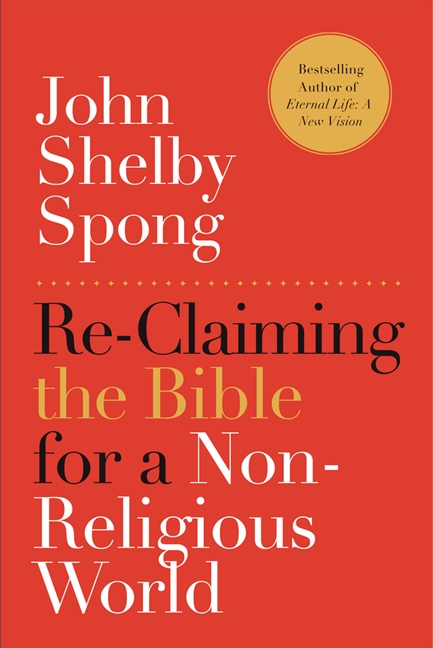 Reclaiming the Bible for a Non-Religious World by John Shelby Spong
Reclaiming the Bible for a Non-Religious World by John Shelby Spong
John Shelby Spong is a retired bishop who has been both praised and condemned for his progressive, reformist views on Christianity. The title of this book captures his philosophy perfectly – he argues that current approaches to Christian faith, with its emphasis on a supernatural God and a preference for literal interpretations of the Bible, can no longer be reconciled with our current (scientific) understanding of the world. Instead Bishop Spong advocates a more analytical approach, common among bible scholars but often frowned upon in congregations. Reclaiming the Bible for a Non-Religious World is John Shelby Spong’s guide to the origin, context and meaning of the Bible, book-by-book from Genesis to Revelations. Its critical analysis and fresh insights help guide readers towards their own understanding and engagement with Christianity.